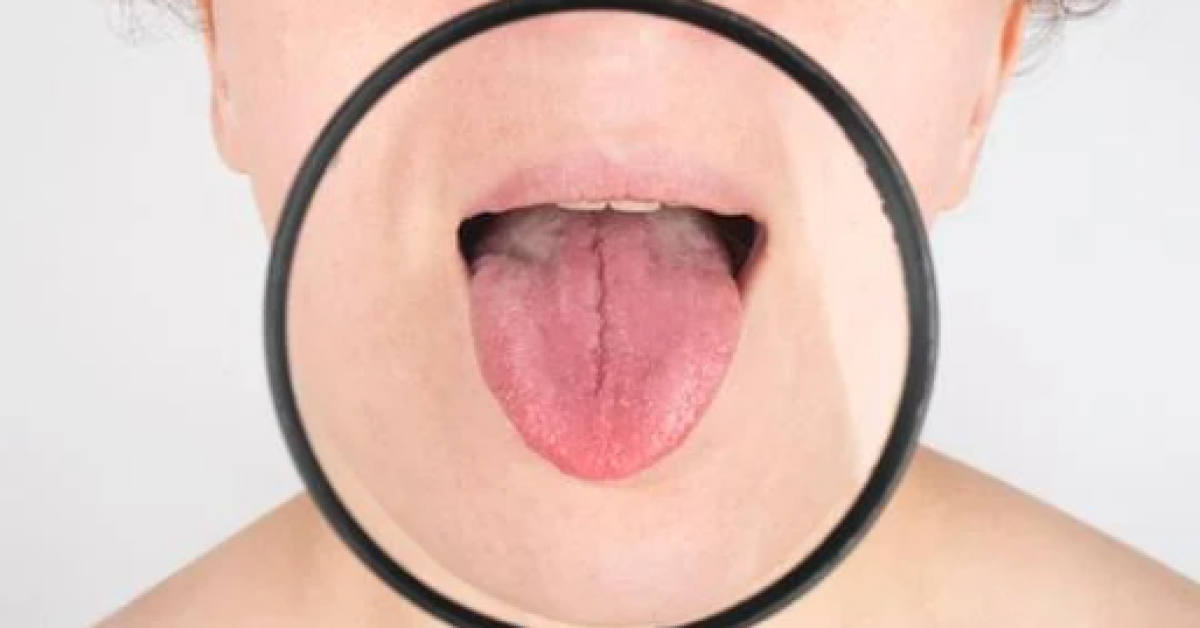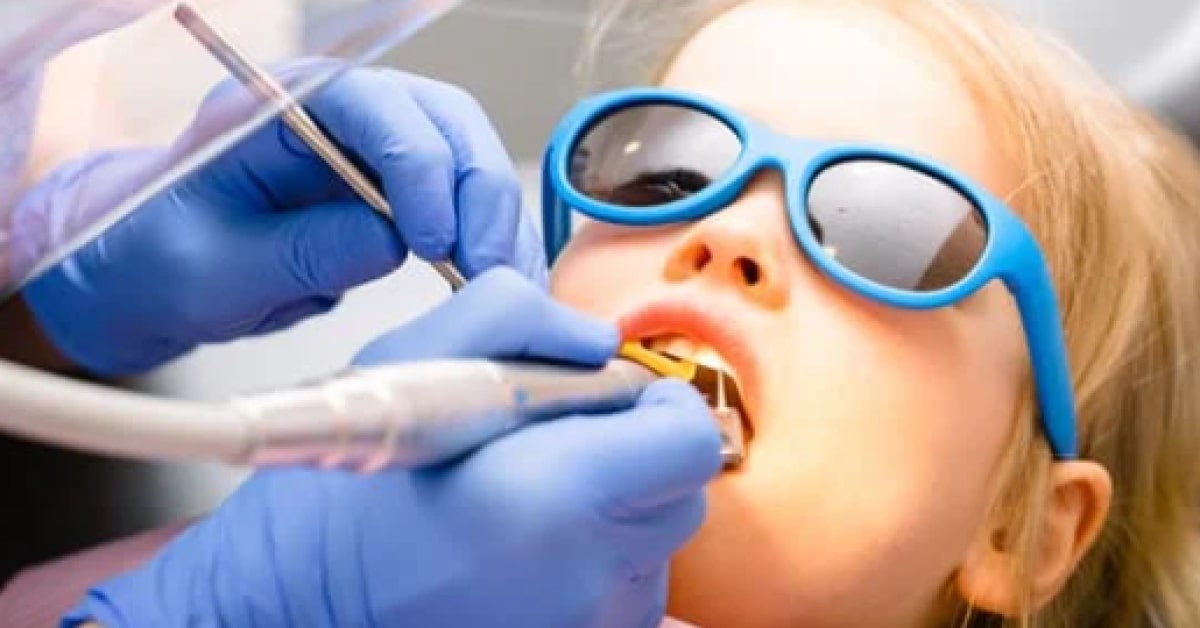Blog
July 19, 2023 • 10 mins readThe Silent Killer: Understanding the Devastating Impact of Oral Cancer
Oral cancer is a silent killer that affects various parts of the mouth. It is crucial to understand its causes, symptoms, prevention, and treatment options.
Author
Danielle Duncan

In this Article
Oral cancer is a silent killer that often goes unnoticed until oral cancer symptoms are too hard to ignore and it’s too late. This deadly disease affects various parts of the mouth, including the lips, tongue, cheeks, and throat. With approximately 54,000 annual new cases of oral cavity or oropharyngeal cancer every year and its devastating impact on individuals and their families, it is crucial to gain a deeper understanding of oral cancer, its causes, symptoms, prevention, and treatment options.
The Startling Facts
Before diving into the details, let’s take a moment to grasp the gravity of the situation. Did you know that oral cancer is responsible for thousands of deaths worldwide every year? Shockingly, it is estimated that one person dies from oral cancer every hour. These statistics highlight the urgent need for awareness and early detection.
Causes and Risk Factors
Understanding the causes and risk factors associated with oral cancer is key to prevention. While tobacco and alcohol use have long been known to increase the risk, it’s important to note that non-smokers and non-drinkers can also develop this disease. Other factors that contribute to oral cancer include human papillomavirus (HPV) infections, poor oral hygiene, a weakened immune system, and excessive sun exposure.
Recognizing the Symptoms
Recognizing the early symptoms of oral cancer is crucial for timely intervention. Common symptoms of cancer in the mouth include persistent mouth sores, red or white patches in the mouth, difficulty swallowing, a lump or thickening in the cheek, and unexplained bleeding. If you experience any of these symptoms for more than two weeks, it’s essential to consult a healthcare professional, such as your dentist, immediately.
Prevention is Key
Preventing oral cancer starts with adopting a healthy lifestyle and making conscious choices. First and foremost, avoiding tobacco and excessive alcohol consumption significantly reduces the risk. Regular dental check-ups are also essential as dentists can detect early signs and provide necessary guidance. Additionally, practicing good oral hygiene, consuming a balanced diet rich in fruits and vegetables, and protecting your lips from sun exposure can all contribute to prevention.
Diagnosis and Treatment
Early detection is vital in successfully treating oral cancer. Dentists and oral health professionals play a crucial role in identifying suspicious lesions during routine check-ups. Biopsy and imaging tests are then conducted to confirm the diagnosis. Treatment options may include surgery, radiation therapy, chemotherapy, or a combination of these, depending on the stage and extent of the disease. A multidisciplinary approach involving doctors, dentists, and specialists ensures the best possible outcome.
Support and Rehabilitation
Coping with oral cancer can be emotionally and physically challenging. It’s important to have a strong support network to help navigate the journey. Support groups, counseling, and rehabilitation programs can provide invaluable assistance to patients and their families, helping them cope with the side effects of treatment and regain a sense of normalcy in their lives.
Oral cancer is a silent killer that demands our attention. By understanding its causes, recognizing the symptoms, and adopting preventive measures, we can make a significant impact on reducing its devastating effects. Regular dental check-ups, healthy lifestyle choices, and early detection are the keys to fighting this disease. Remember, knowledge is power, and together, we can raise awareness and save lives.



